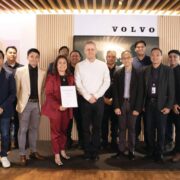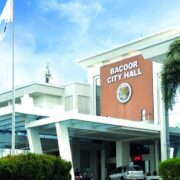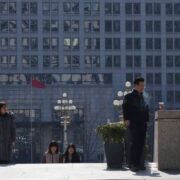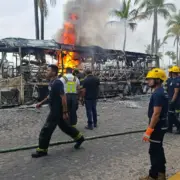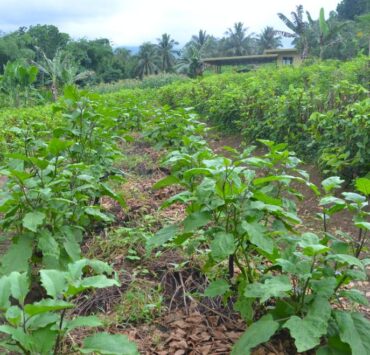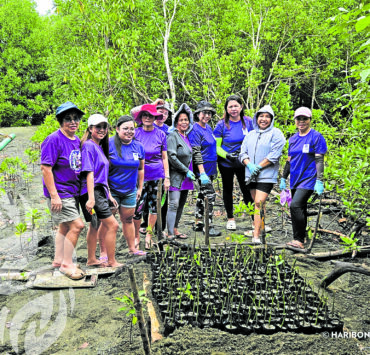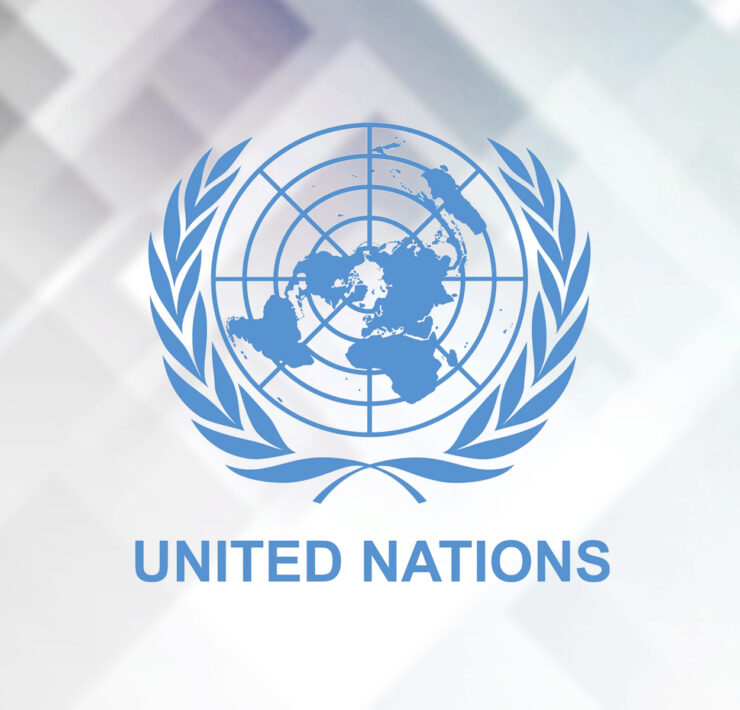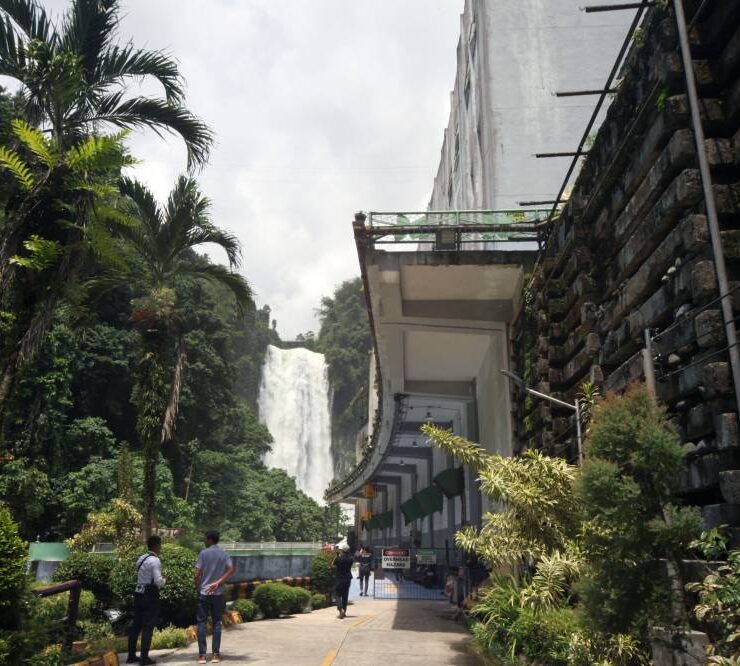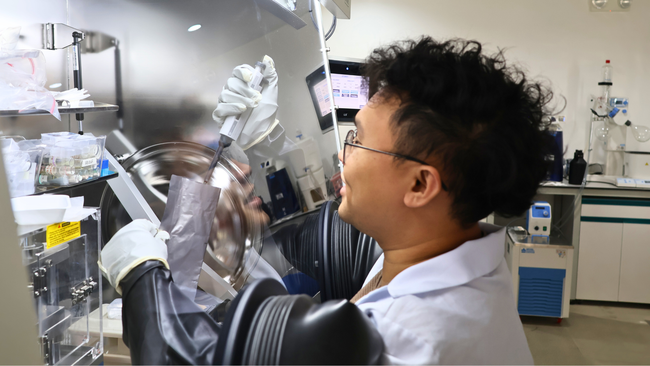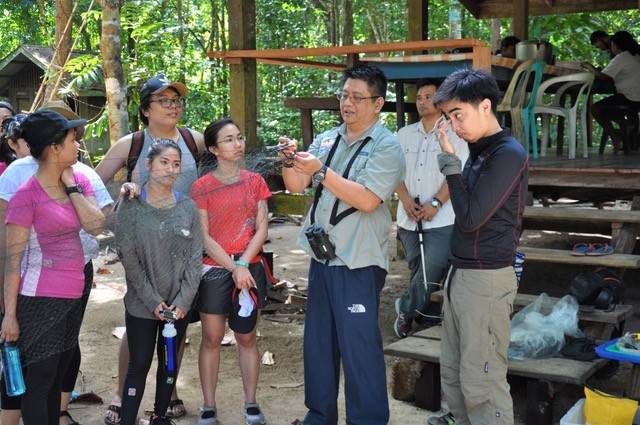Healing the land by restoring ecosystems

Land is life. Across Southeast Asia, from fertile fields to towering forests, healthy ecosystems underpin our region’s prosperity.
Yet land degradation and deforestation have also eroded these foundations, threatening our food security, clean water, and the stability of communities.
This is why the UN Decade on Ecosystem Restoration (2021–2030) is so important. It calls on governments, businesses, and citizens to revive the world’s degraded landscapes.
As a UNCCD Land Hero, I have seen firsthand how this global vision can take root at the local level.
At Masungi Georeserve in the Philippines, we have spent years working with communities to restore threatened watersheds. What was once barren and stripped bare has slowly become a haven again for wildlife—a living testament to the power of community-led rewilding.
But we’ve also realized that it’s not simply about planting trees. It’s about safeguarding the land itself, the very ground on which our ecosystems stand.
When we care for the land and soil—through responsible land use and smart agriculture—we can restore ecosystems cheaper and faster. Healthy soils capture carbon, regulate water, and nurture diverse life. This approach also tackles the difficult problems right below our feet, connecting ecosystem health to peace and governance.
The United Nations Convention to Combat Desertification (UNCCD) reminds us that nearly half of the world’s productive land is degraded. For Southeast Asia, this silent crisis is already manifesting in floods, droughts, and food insecurity. But there is hope: Ecosystem restoration can turn this tide.
Restoring degraded land can generate up to $1.5 trillion in economic benefits globally every year, according to UN estimates. Closer to home, reforestation and nature-based solutions offer countries in our region a triple win: protecting biodiversity and natural resources, building climate resilience and disaster risk reduction, and creating green jobs and inclusive growth.
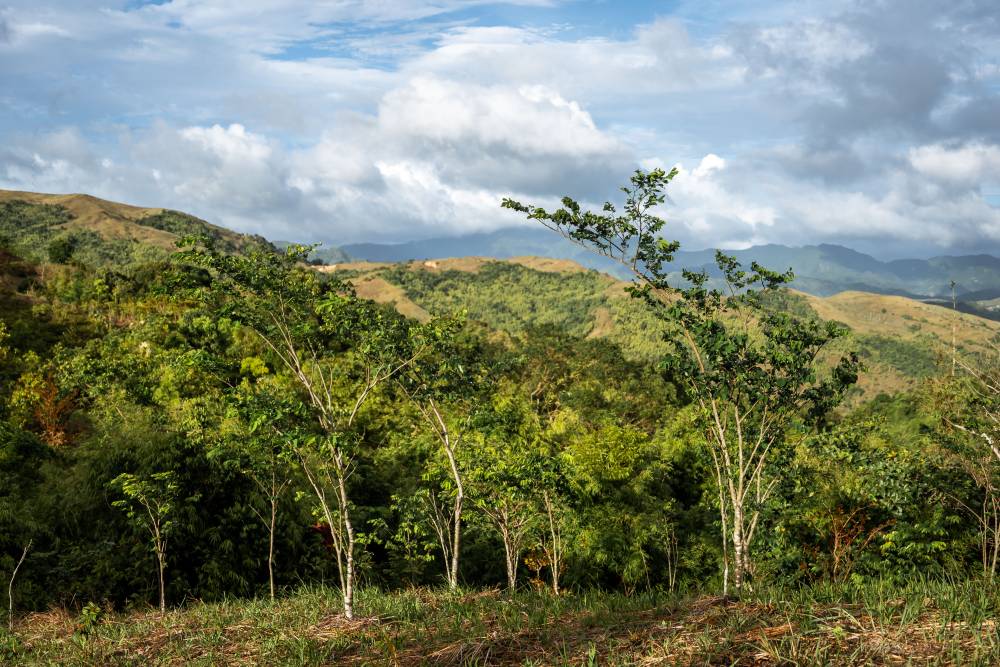
Conservation economy
At Masungi, we’ve seen how these benefits play out. By reviving forests, we create livelihoods for up to 100 indigenous and local rangers. By healing the land, we bring tourists, private sector partners, and scientists together—growing a conservation economy that respects both people and the planet.
Each tree planted and nurtured, and each hectare of forest restored, is an investment in our shared future.
But to scale up these successes, we need more than just good intentions. We need climate finance that is sufficient, predictable, and accessible, as President Marcos recently emphasized at the Association of Southeast Asian Nations Summit. We need policies that value natural capital and cross-sectoral partnerships that bring businesses, governments, and communities together.
Above all, we need a mindset shift: to see nature not as a resource to exploit, but as a partner in our prosperity.
In this UN Decade on Ecosystem Restoration, let us remember that restoring the land is not just about the environment—it is about healing our relationship with it, and securing a just and sustainable future for all.
In Southeast Asia, one of the most climate-vulnerable regions in the world where over 190 million people could be displaced by rising seas and extreme weather, this is a challenge we cannot afford to ignore. INQ
Billie Dumaliang is a UNCCD Land Hero and cofounder of the Masungi Georeserve Foundation.

